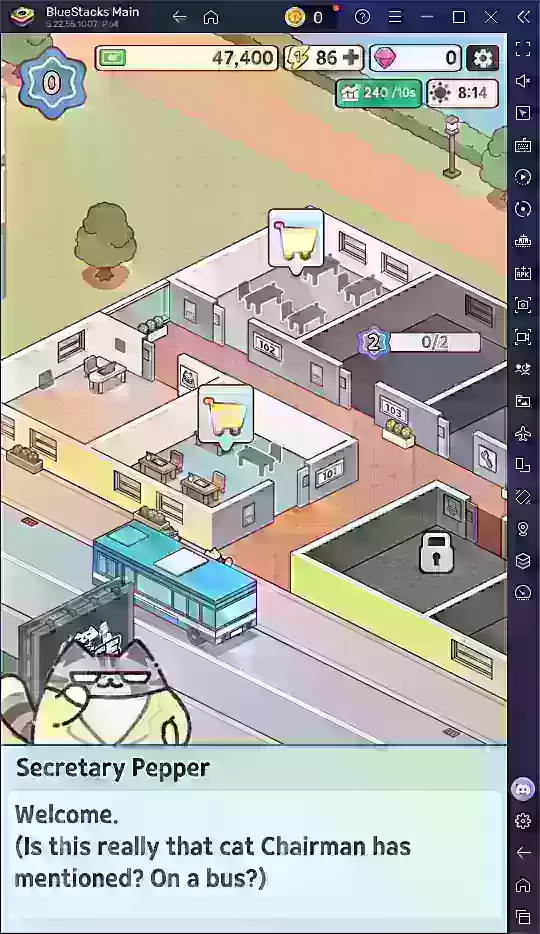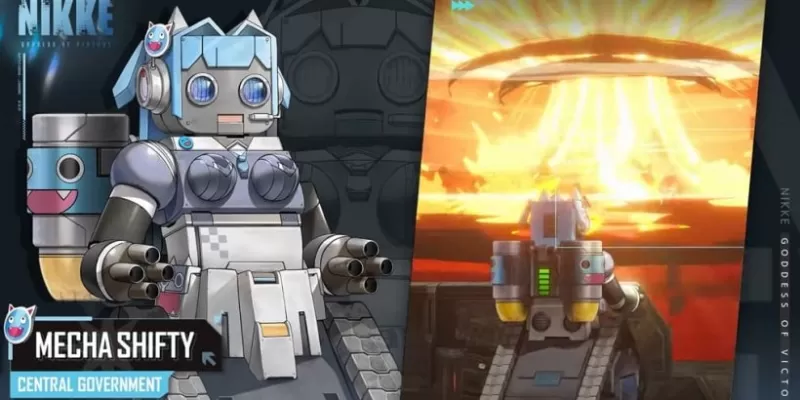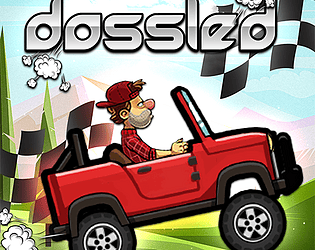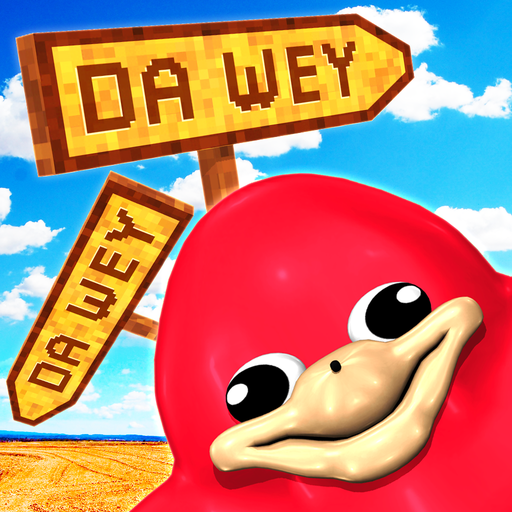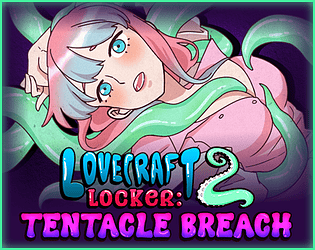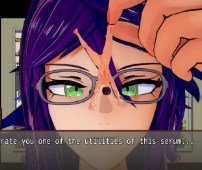Nicolas Cage has strongly criticized the use of artificial intelligence in acting, warning that any actor who allows AI to alter their performance is heading toward "a dead end." He emphasized that "robots cannot reflect the human condition," a sentiment he shared after receiving the best actor award for his role in Dream Scenario at the Saturn Awards. In his acceptance speech, Cage expressed gratitude to director Kristoffer Borgli for his multifaceted contributions to the film but then shifted focus to the troubling rise of AI. "I am a big believer in not letting robots dream for us," Cage stated, arguing that AI's involvement in art, particularly film performance, would lead to a loss of integrity, purity, and truth, ultimately driven by financial interests rather than artistic ones.
Cage sees the primary role of art, including film, as a mirror reflecting the human condition through a thoughtful and emotional process that robots cannot replicate. He warned, "If we let robots do that, it will lack all heart and eventually lose edge and turn to mush," predicting a future where human response to life is dictated by AI rather than experienced authentically.
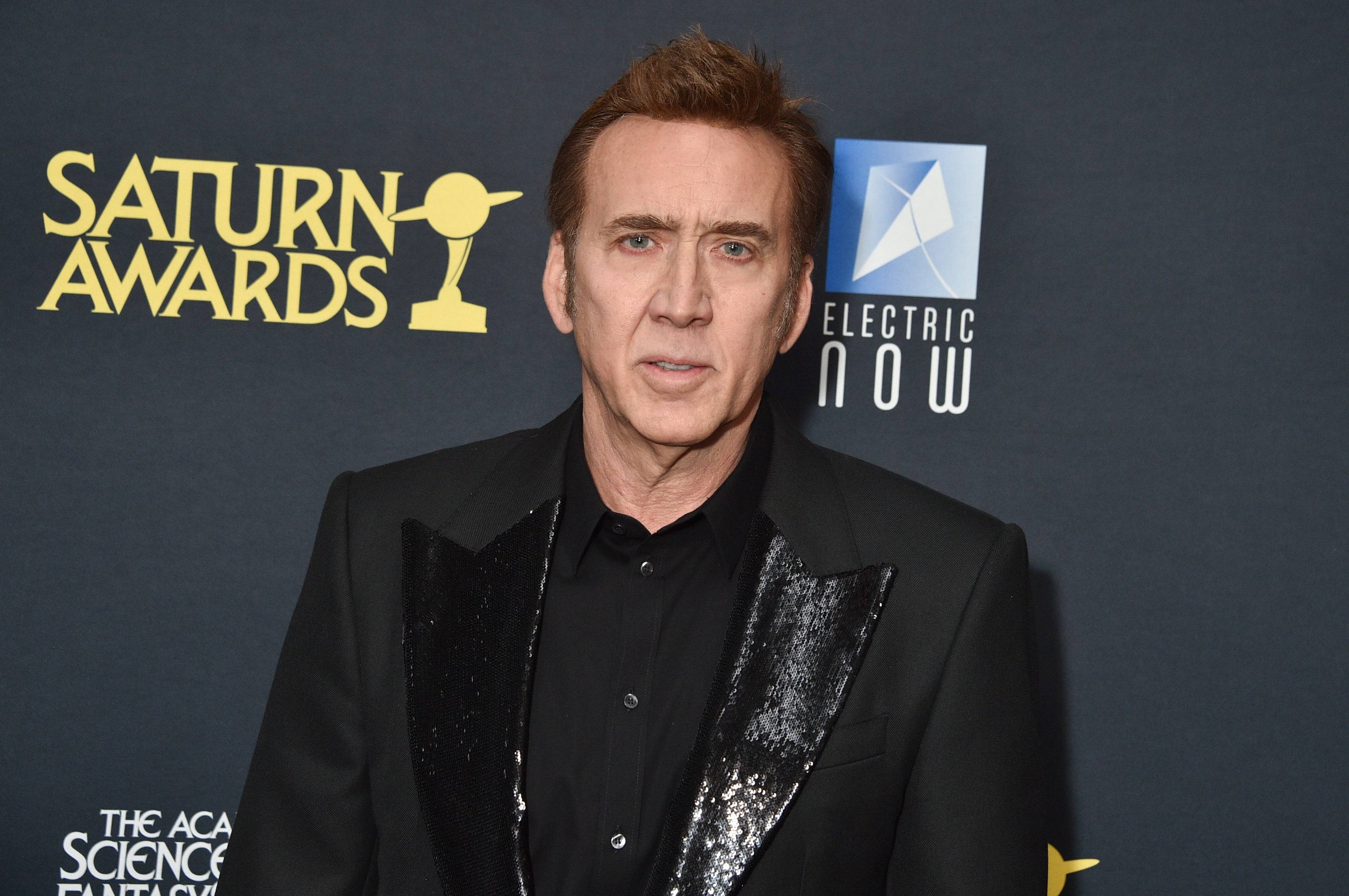
Cage's views align with those of other actors, particularly in the voice acting industry, where AI has been more prominently used. Ned Luke, known for voicing characters in Grand Theft Auto 5, has publicly criticized a chatbot that used his voice without permission, highlighting the potential for AI to rob actors of income. Similarly, Doug Cockle, the voice behind characters in The Witcher, acknowledged AI as "inevitable" yet "dangerous," echoing concerns about its impact on the profession.
Filmmakers have also weighed in on the AI debate, though their opinions vary. Tim Burton, a legendary director, finds AI-generated art "very disturbing," while Zack Snyder, known for directing Justice League and Rebel Moon, advocates for embracing AI rather than resisting it.

